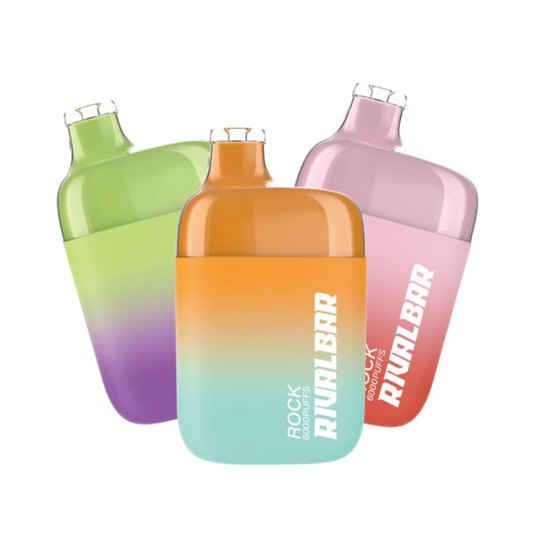Vaping can be a helpful tool for individuals who are trying to quit smoking. E-cigarettes allow users to inhale nicotine without the harmful chemicals found in tobacco smoke. While research is ongoing regarding the effectiveness of vaping for smoking cessation, some studies suggest that it may be more effective than other nicotine replacement therapies, such as patches or gum. However, it is important to remember that vaping is not an FDA-approved smoking cessation tool and the long-term health effects of vaping are still being studied. It is also important to seek the guidance of a healthcare provider before attempting to quit smoking or using vaping products as a smoking cessation tool.
One of the benefits of vaping is reduced exposure to harmful chemicals. Vaping products do not contain tar, carbon monoxide, or other harmful chemicals that are present in cigarette smoke. This can lead to a reduced risk of smoking-related diseases, such as lung cancer, heart disease, and respiratory illnesses. However, it is important to note that vaping still involves inhaling chemicals and there may be potential health risks associated with this.
Another benefit of vaping is customizable nicotine levels. Vaping allows users to choose the nicotine level in their e-liquid, which can help some individuals gradually reduce their nicotine intake over time. This can be helpful for individuals who are trying to quit smoking or who are looking for a way to consume nicotine without the harmful chemicals found in tobacco smoke. However, it is important to remember that nicotine is an addictive substance and even low levels of nicotine can lead to addiction.
Flavor options are also a benefit of vaping. Vaping products come in a variety of flavors, which can make the experience more enjoyable for some users. This can be helpful for individuals who are trying to quit smoking and are looking for a substitute that is more enjoyable than traditional cigarettes. However, it is important to choose vaping products that use safe and tested ingredients, as some flavorings may have potential health risks.
Additionally, vaping produces less odor than smoking cigarettes, which can make it more socially acceptable in some situations. This can be helpful for individuals who want to consume nicotine in public or around others without the negative stigma associated with smoking cigarettes. However, it is important to remember that vaping still involves inhaling chemicals and there may be potential health risks associated with this.
It is important to note that while vaping may have some benefits, it is not completely risk-free and may have potential health risks, such as nicotine addiction and lung damage. Therefore, it is important to weigh the potential benefits and risks of vaping and to make an informed decision based on individual circumstances and health considerations.
If you are considering vaping as a smoking cessation tool or for other reasons, it is recommended to seek the guidance of a healthcare provider. They can provide you with personalized advice and help you make an informed decision about whether vaping is the right choice for you.








